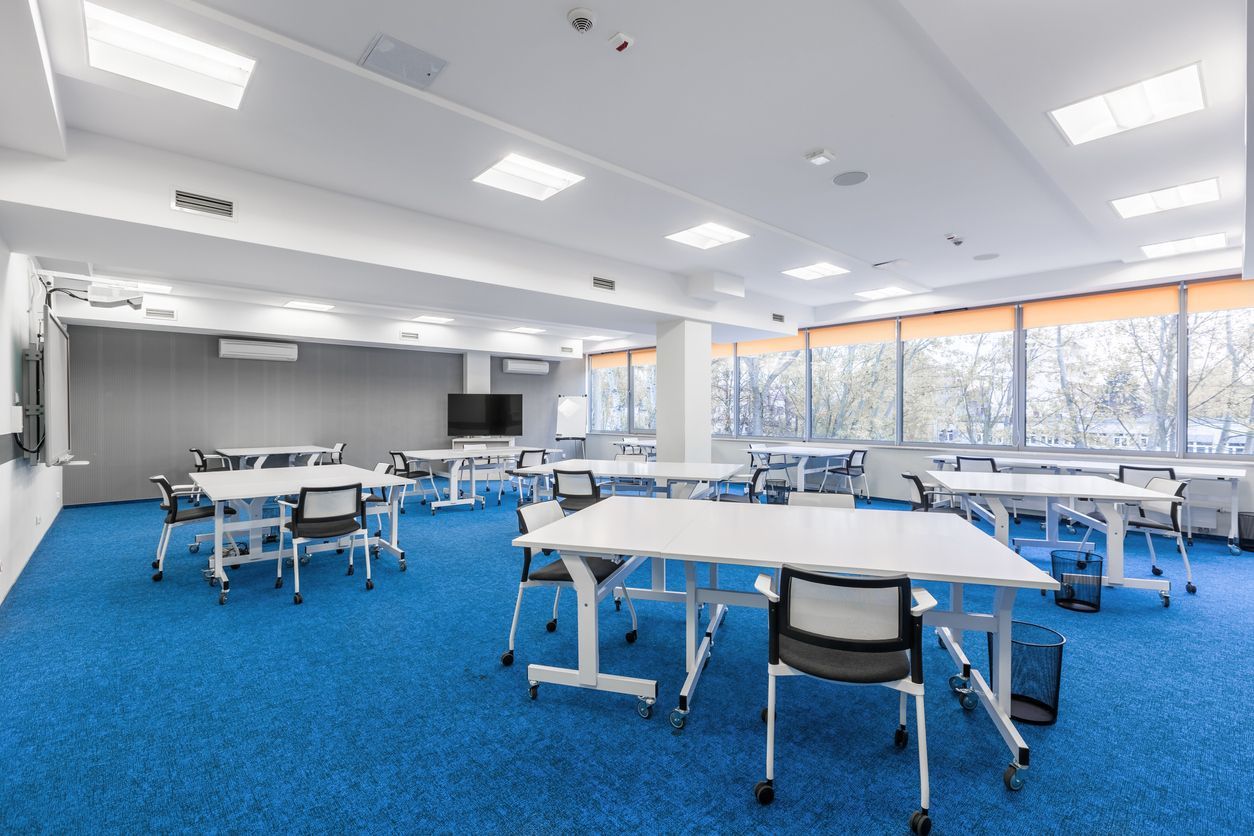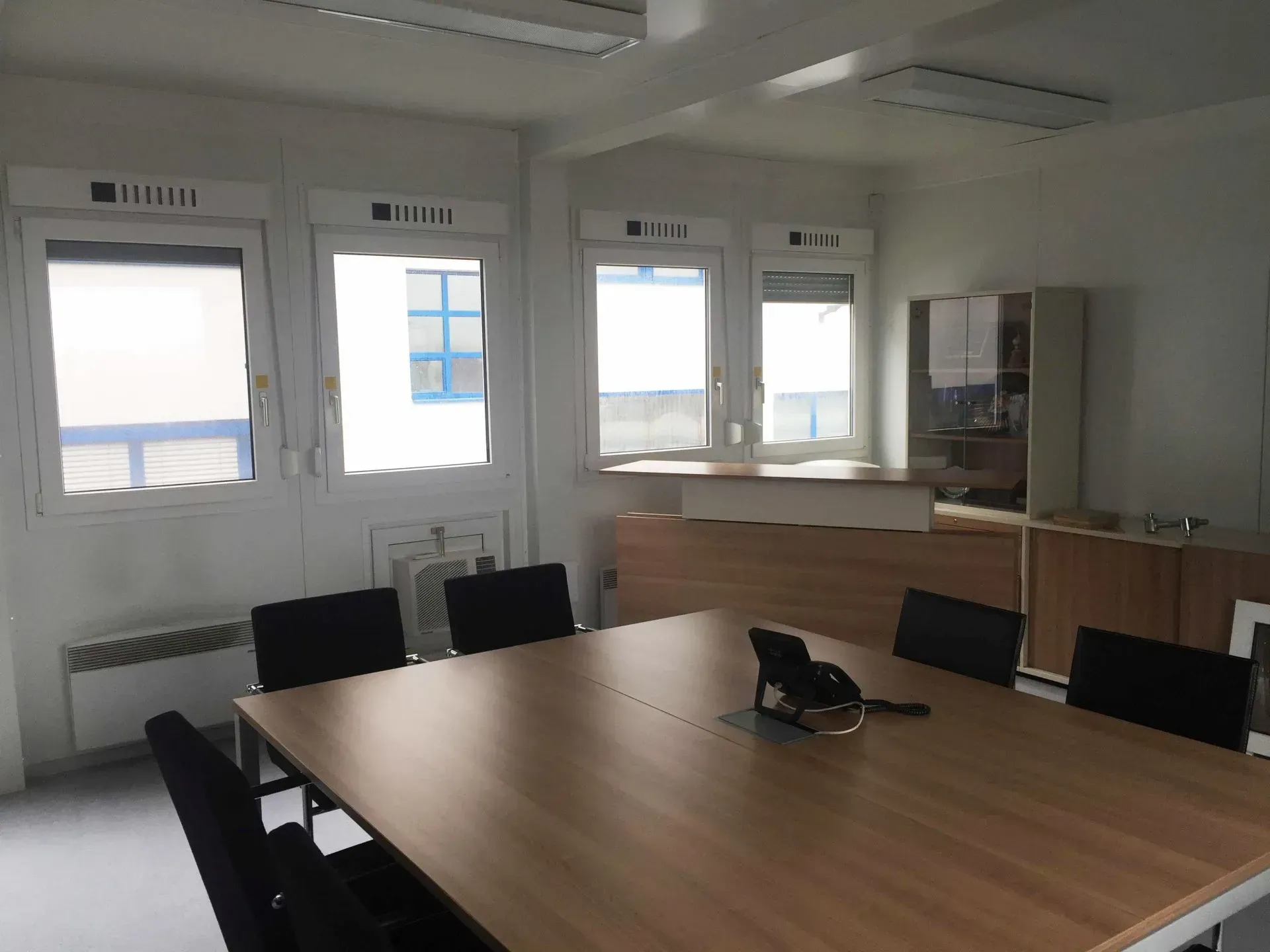
As times are evolving and the need to operate more sustainably is imperative in all industries, the world of construction is embracing an alternative to traditional methods: modular construction.
Modular construction produces components of a building on an assembly line, after which these elements are then transported to a site and erected into the final building - essentially, they are flat packed buildings!
Modular buildings boast a number of benefits, including those relating to the environment. Keep reading to learn what some of these are.
Reduced Waste
The construction industry is renowned for creating waste - in fact, it’s estimated to create approximately a third of the world’s entire waste.
Modular buildings are a much less wasteful form of construction. Not only can special technology known as building information modelling (BIM) be used to calculate the exact amounts of materials that are required for these buildings, but the buildings themselves are much easier to take apart and reuse or recycle, as opposed to demolition.
Minimal Disruption
Traditional construction methods are also traditionally very loud and disruptive. Not only to human life, but to wildlife, also. Loud noises and artificial lighting during early or late hours (especially in the winter months) can disrupt various local species’ natural routines and may cause them to move away and/or have to travel further to reach important resources, such as food.
Modular construction, on the other hand, tends to be much quicker, quieter and generally less disruptive than these traditional methods. As such, they have less of a negative impact on the local wildlife.
Reduced Energy Consumption
There are various ways in which modular projects use less energy compared to traditional construction projects.
Firstly, because the components for modular buildings are created in factories, the energy use and emissions involved in their production are able to be better controlled and monitored compared to on-site solutions.
Furthermore, when the buildings are then put together on site, they require fewer workers and are also erected much faster, which ultimately reduces the overall energy used on-site.
Minimised Pollution
The factories where modular building components are produced also emit less fumes compared to construction sites. Not only that, but there is less on-site traffic and congestion - both of which are otherwise key contributors to construction pollution.
Bespoke Modular Buildings
If you’re in need of a modular building, whether that be portable office units or toilet units, we’ve got you covered with our bespoke solutions here at Relocatable Building Systems.
We tailor all flat-packed buildings to suit you and your needs, listening to your personal requirements so that we can meet these to the best of our ability. Get in touch with us today to discuss yours.






